Give the Gift of Hockey, Help pay for hockey equipment.
Trump's Tariff Plan May Spare Canadian Oil, Urges Stronger U.S.-Canada Ties
President-Elect Donald Trump plans to impose tariffs on imports but may exempt specific sectors, such as Canadian oil and gas, according to former U.S. Commerce Secretary Wilbur Ross. Ross noted that taxing Canadian energy imports, which provide the U.S. with nearly $160 billion in oil, petroleum products, and natural gas, would raise costs without benefiting American jobs. Trump, a proponent of tariffs as part of his protectionist trade strategy, aims to boost U.S. manufacturing. Ross also suggested Canada should increase its defense spending to strengthen its relationship with the U.S. and align with American policies under Trump’s administration.
Canadian Veterans Find Healing and Connection Through Equine Therapy
Canadian Army veterans are finding healing through equine therapy, a program connecting them with horses to address psychological trauma. Christian, a veteran struggling with depression and social isolation, has formed a bond with a rescued horse, helping him feel calmer and less afraid. Social worker Marie-Pier Dusseault explains that horses respond to veterans’ emotional states, requiring them to manage their anxiety for successful interactions.
Another veteran, Marco, was drawn to the therapy after realizing the harm he suffered during his service in an era of discrimination against LGBTQ+ members. Equine therapy has allowed both veterans to reconnect with themselves and embrace their military past, helping them manage post-traumatic stress and find renewed purpose.
Huron-Wendat Demand Consultation in Dispute Over Quebec Wind Projects
The Huron-Wendat Nation claims the Quebec government and Hydro-Québec failed to fulfill their duty to consult on four wind projects proposed on traditional Huron-Wendat territory. The Huron-Wendat, referencing a 1760 treaty recognized by Canada’s Supreme Court in 1990, argue they should be involved in all aspects of development on their land. However, the Wolastoqiyik Wahsipekuk First Nation, partnering in these projects, insists the land is within their own ancestral territory and that consultation with the Huron-Wendat is unnecessary. Hydro-Québec, aiming to triple wind power capacity, sees Indigenous partnerships as key to its renewable energy goals.
Canadians Honor Fallen Soldiers in Solemn Remembrance Day Tributes Nationwide
Canadians across the country gathered on Remembrance Day to honor the sacrifices of military personnel who served and lost their lives. In Ottawa, Prime Minister Justin Trudeau and Governor General Mary Simon attended a ceremony at the National War Memorial alongside Maureen Anderson, this year’s Silver Cross Mother, representing all mothers who have lost children in service. Veterans, including those from WWII and more recent missions, shared reflections on the weight of service and sacrifice. Ceremonies included the Last Post, moments of silence, and emotional tributes in cities like St. John’s, Halifax, and Ottawa.
Canada's Key Role in Climate Finance Talks at COP29: Navigating Contributions and Equity
As the 2024 UN climate talks (COP29) begin in Baku, Azerbaijan, the focus is on negotiations regarding climate finance, specifically how wealthy nations, including Canada, should financially compensate developing countries for climate change mitigation and adaptation. Wealthy countries, responsible for a significant portion of global emissions, had previously committed to mobilizing $100 billion annually by 2020, a goal that was only met in 2022. Now, negotiators must establish a new, larger financial target to replace this outdated goal by 2025.
Canada has pledged $5.3 billion over five years, but environmental groups urge a more substantial commitment. A key issue is determining which countries should contribute, with some suggesting that China and Gulf states should also be included. Additionally, the debate continues over how to deliver the funds—whether through grants or loans, with a preference for grants to avoid increasing debt in developing nations. There is also discussion about funding for loss and damage caused by climate change, with Canada supporting a separate fund. Canada is expected to play a central role in these talks, aiming to help bridge divides and ensure fair contributions from all nations.
Reserves Ready: Canadian Soldiers Train for NATO Deployments Amid Global Tensions
At Canadian Forces Base Suffield, 158 members of 41 Canadian Brigade Group, part of the Army Reserve in Alberta and the Northwest Territories, undergo intensive training. Ranging from 18 to 49 years old, the group includes a diverse mix of civilians with careers such as teaching, business ownership, and mountain guiding. Many hope to be deployed to Latvia as part of NATO’s Multinational Battlegroup in response to Russian threats. The training at one of Canada's largest military bases prepares them for future missions, with some reservists aiming for qualifications that could make them competitive for deployment. The ongoing urgency of global conflicts, like the war in Ukraine, adds significance to their training, with Canada’s long-term commitment to Latvia driving the need for skilled reservists to complement regular forces.
Canada to Play Key Role in Shaping COP29 Climate Finance Deal Amid Global Urgency
Canada aims to play a key role in this year’s climate negotiations at COP29 in Azerbaijan, focusing on building consensus around climate finance and encouraging ambitious national climate plans. Environment Minister Steven Guilbeault emphasized the urgency of the talks, as the world nears its limit to keep global warming under 1.5°C. Key topics include a new climate finance goal, possibly exceeding $1 trillion, and ensuring vulnerable countries can access funds. Despite concerns over Donald Trump’s election potentially weakening global momentum, Canada remains committed to being a "bridge builder" in the negotiations.
Canada Braces for Potential Surge in Migrants as Trump’s Deportation Plans Loom
Canadian authorities are on "high alert" as they prepare for a potential influx of migrants from the U.S. following Donald Trump's election. With Trump vowing mass deportations, many migrants, including those previously protected, could seek to enter Canada. The Canadian government has plans in place but faces concerns about a strain on resources, especially in Quebec. The Royal Canadian Mounted Police (RCMP) is increasing border patrols and surveillance along the U.S.-Canada border, anticipating possible dangerous crossings in winter. Meanwhile, immigration inquiries from U.S. citizens have surged, though the processing of asylum claims could take years. Authorities warn of the risks posed by illegal border crossings, including harsh winter conditions.




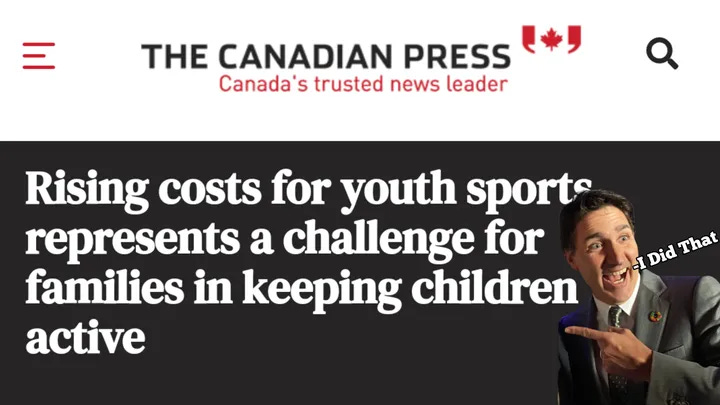
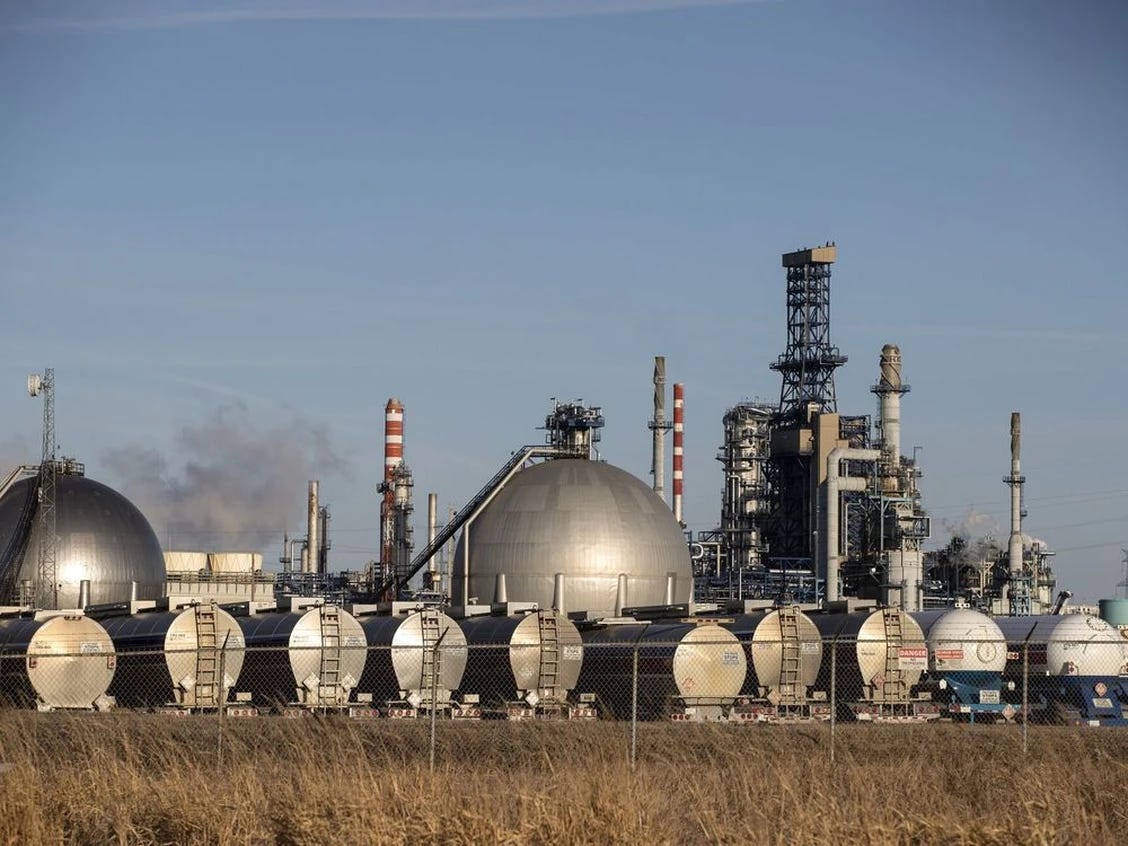
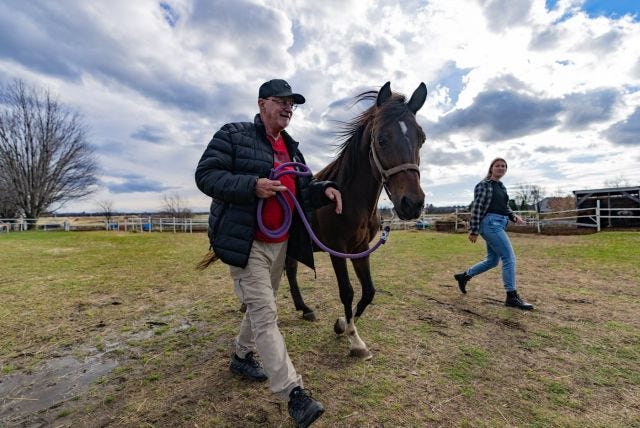
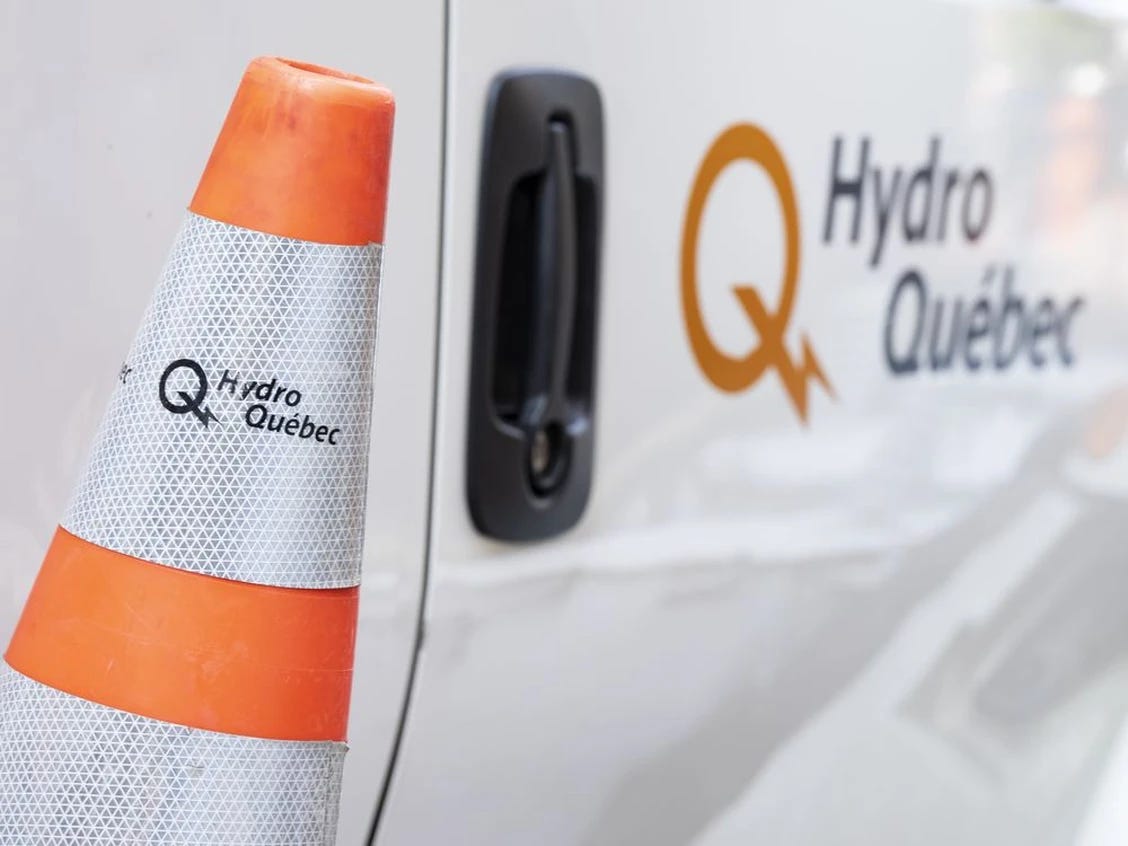
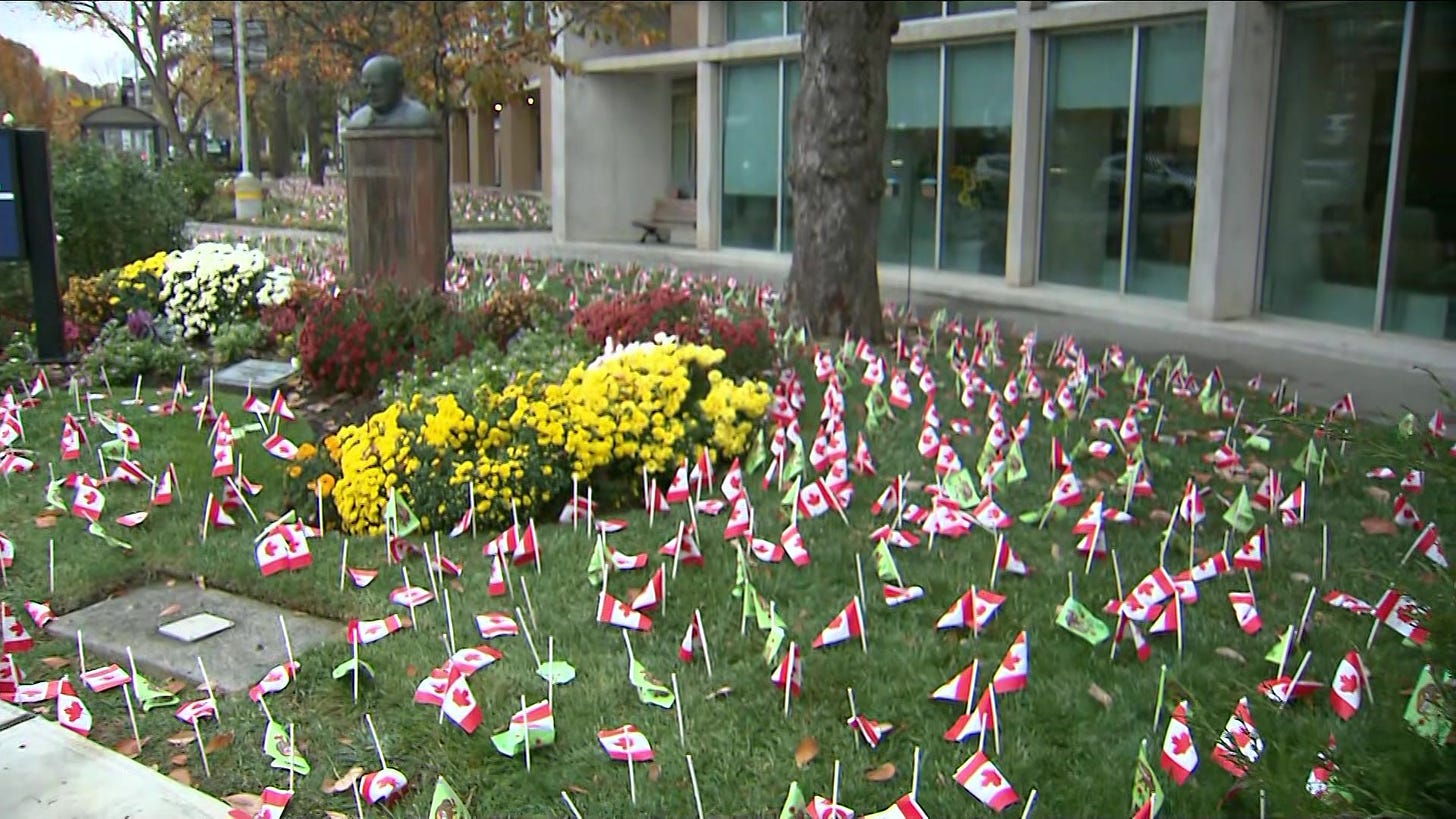
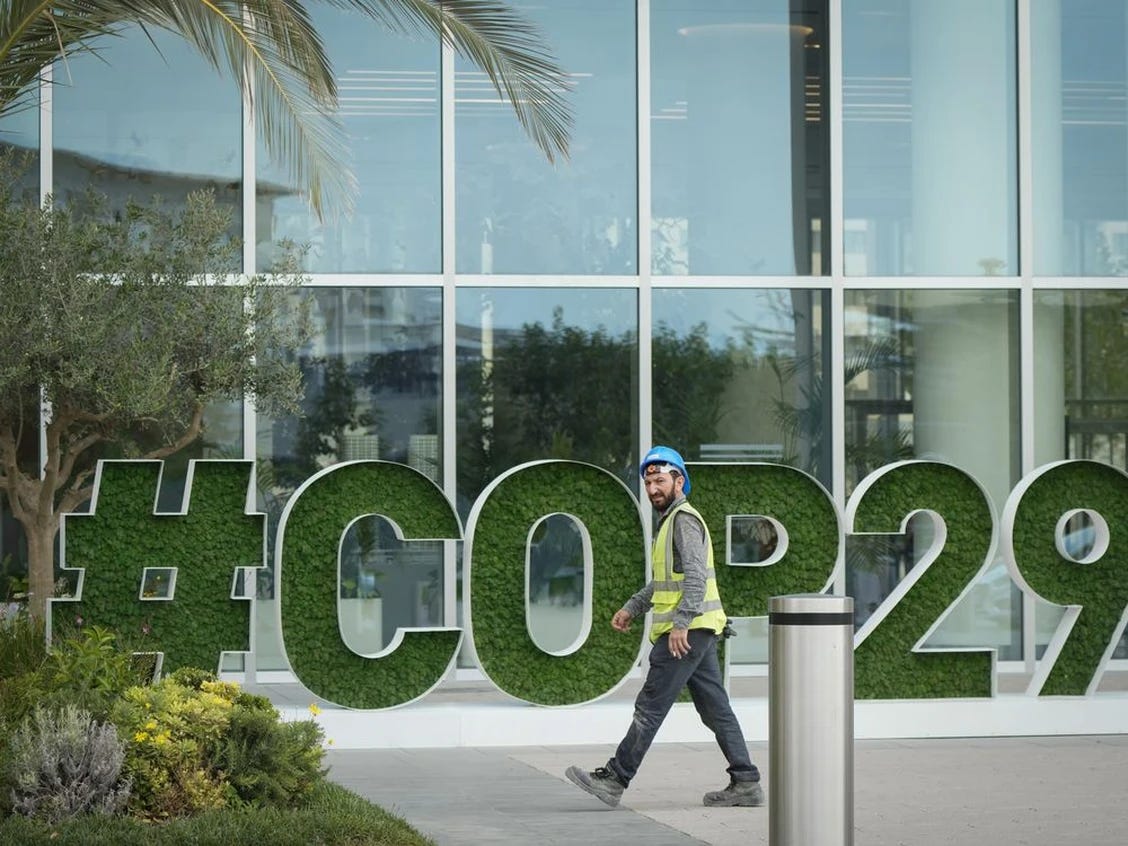
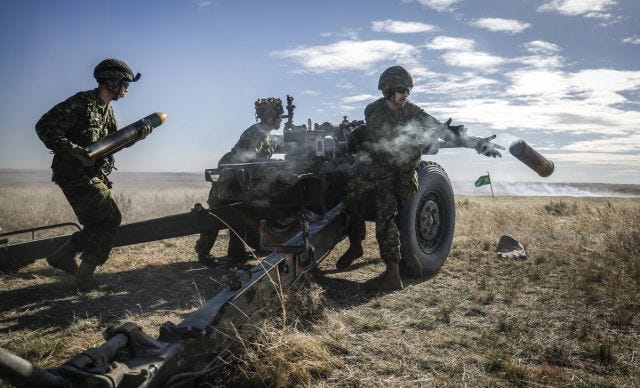
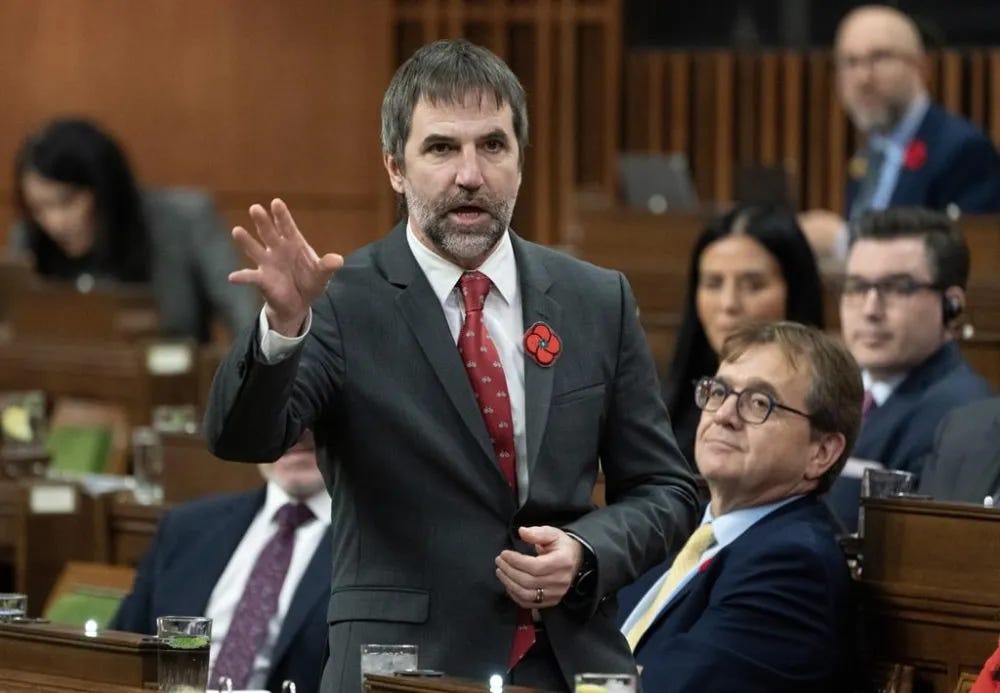
I believe Trump is choosing to sink innocent Canadians for the problems bestowed by our tyrannical government. I believe Pierre will clear some of the smoke and mirrors, but it will not be enough to satisfy the US which will continue its attack on innocent Canadian victims. I believe it may be better to leave the US to stew in its own bile as we are, and cut off all uranium and precious metal shipments. Close the oil and gas taps and disconnect any cross border ties. Save it for those who actually don’t want Canadians to suffer. I believe if we partnered with BRICS we would better off than being owned by globalists. Russian and Canada resources joined in partnership would create a very rich superpower, leaving globalists and the US to do their thing.